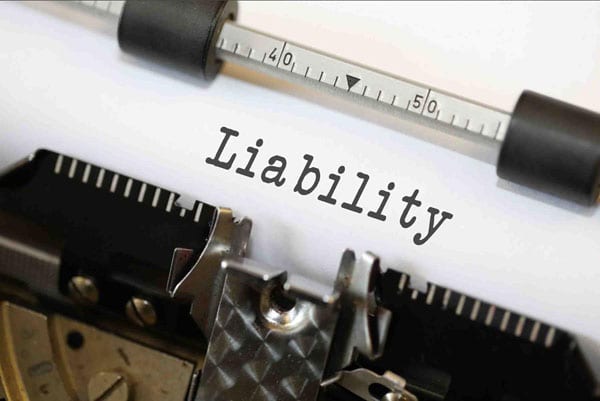
December 10, 2018; Employment Law Business Guide (blog)
Volunteers are a critical part of the way nonprofit organizations do business. We rely on them to perform tasks that range from the menial (stuffing envelopes for a direct mail appeal) to highly skilled (offering pro bono legal assistance at a clinic). Volunteers are part of the way that nonprofits can do their work at lower-than-market costs, and so provide the social safety net. To encourage their involvement, nonprofits, states, and the federal government provide ways for volunteers to be held harmless when something goes wrong. A case in Massachusetts is showing there might be limitations to that protection, and the board president might be personally liable for unpaid employee wages.
In 2013, the Roxbury Comprehensive Community Clinic (RoxComp) was running into significant financial trouble. In fact, it had to close its doors for good after years of providing access to health services in the Boston area. The bad news is that many employees did not receive their final paychecks.
At one point, after RoxComp’s CEO stepped down, the president of the board of directors determined that whatever funds were left should be used to pay the organization’s vendors, leaving the employees unpaid. When they found out about this, the employees filed suit, stating that this is in violation of Massachusetts’ Wage Act. The employees sought recovery of lost wages from the nonprofit, and from the president of the board personally.
Sign up for our free newsletters
Subscribe to NPQ's newsletters to have our top stories delivered directly to your inbox.
By signing up, you agree to our privacy policy and terms of use, and to receive messages from NPQ and our partners.
The Massachusetts Appeals Court just declined to rule on whether the board president can be held personally liable, or if he would be protected by the federal Volunteer Protection Act of 1997 (VPA) and any similar state statutes. It should be clearly noted that this decision did not determine he was liable, only that his appeal for summary judgment should not have come before the appeals court. In other words, the board president, Keith Crawford, responded to the original lawsuit by asking for an immediate decision outside of a trial that would have declared him immune from the suit. He was claiming that the VPA protected him, and so sought the summary judgment. His request was declined, which he appealed and brought to the appeals court. More than five years after the fact, the original lawsuit is still ongoing, and a determination will have to be made.
There are several interesting and very important issues that are at play here that could have an impact on protection for volunteers against lawsuits. As explained by the Greater Washington Association of CPAs in this document, generally, nonprofits are incorporated in a state as a “nonprofit corporation,” and viewed as entities separate from the people who are running them, including volunteers and board directors. This means that any lawsuit would claim damages from the organization and cannot “pierce the veil” to access the personal assets of the volunteer, as the RoxComp lawsuit seeks to do. There are exceptions to this, including fraud and failure by the nonprofit to pay federal payroll tax.
The VPA is a federal law that acknowledges the important contributions made by volunteers and that fear of lawsuits may result in people turning away from this valuable service to our society. Accordingly, the act is designed to protect them as long as they were within the scope of their role, were licensed to do this work (if required), were not grossly negligent, and/or were not operating a moving vehicle for which a license and insurance are required. Here are some of the concerns the RoxComp case bring up:
- Was Crawford stepping outside his role as president when he claimed that he was serving as the “acting CEO,” and therefore is not protected by VPA? In any organization, there may be a succession plan that puts the president of the board in this role in an emergency situation. The appeals court decision raises this question but declines to make a determination.
- When Crawford decided to pay vendors and not the employees, does that make him liable? The appeals court decision finds that if he acted in “willful misconduct” or with intent to harm the employees, then he can be brought to trial over it.
- Does the Wage Act fall within the scope of the VPA and its state counterparts? Generally, VPA is seen as superseding most state and many federal laws. Recently, however, there was a case where it was determined that VPA did not protect against a federal claim. In the RoxComp case, the appeals court again raises the issue but makes no determination due to lack of information in any of the briefs before the court. Thus, the court is leaving it open for a later determination that there may be a range of both federal and state laws for which board directors and other volunteers may not find protection.
If board members in this case are found to be personally liable it will not be the first time that individual board members are made to pay for their actions or inactions. Past examples of this occurring can be found with this Pennsylvania case, with this case involving a supportive housing nonprofit in New York, and this case in Georgia. Board members, of course, as decision makers with fiduciary duties, are held to different standards than other volunteers.—Rob Meiksins













